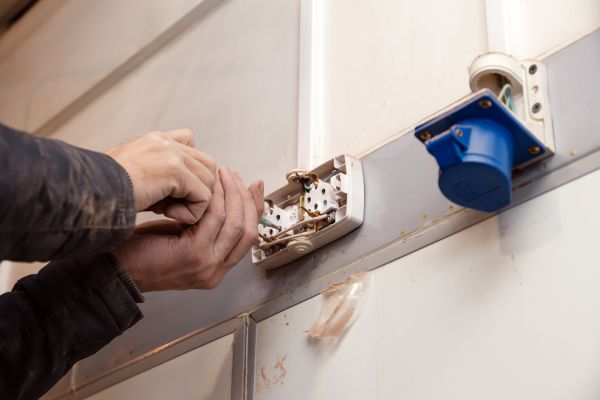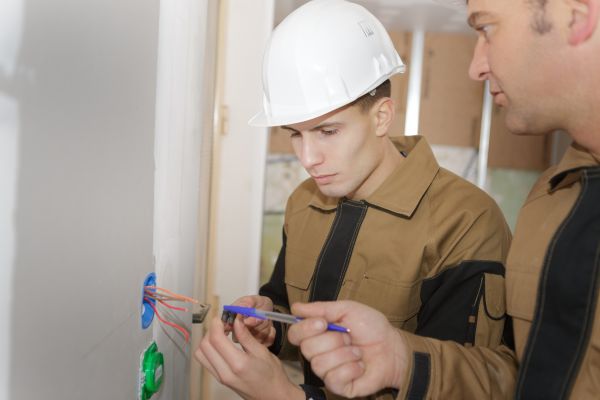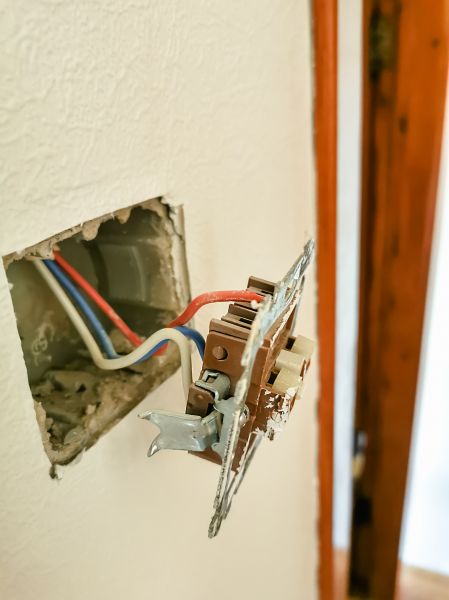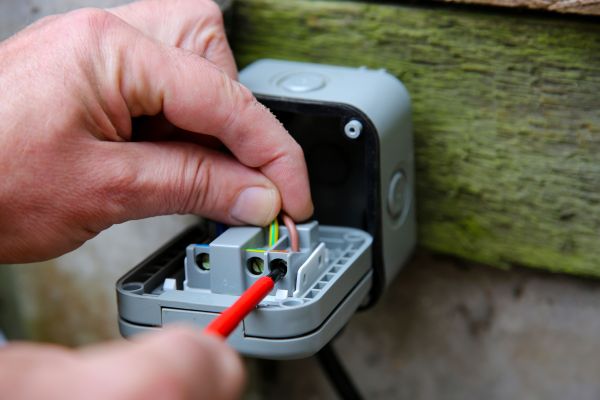Electrical Outlet Wiring Service
Affordable Electrical Outlet Wiring
Electrical outlet wiring is a critical component of any residential or commercial electrical system. It involves the installation and connection of wires to provide power to outlets, enabling the safe and efficient distribution of electricity throughout a building. Proper electrical outlet wiring ensures that appliances and devices receive the correct voltage and current, reducing the risk of electrical fires, shocks, and other hazards. It is essential for maintaining the functionality and safety of electrical systems, and it plays a vital role in supporting modern-day living and business operations.
Benefits of Electrical Outlet Wiring
-
Enhanced Safety
Proper electrical outlet wiring minimizes the risk of electrical fires and shocks by ensuring that all connections are secure and compliant with electrical codes. This not only protects the property but also ensures the safety of occupants. -
Improved Efficiency
Well-executed wiring allows for the optimal flow of electricity, reducing the likelihood of power surges and outages. This ensures that all appliances and devices function efficiently, leading to energy savings and reduced utility bills. -
Increased Convenience
Strategically placed electrical outlets eliminate the need for excessive extension cords and power strips, making it easier to power devices and appliances. This enhances the usability of spaces and contributes to a more organized environment. -
Future-Proofing
Modern electrical outlet wiring can be designed to accommodate future technological advancements and increased power demands. This foresight reduces the need for frequent upgrades and modifications, saving time and resources in the long run.
FAQs About Electrical Outlet Wiring
What is the difference between a standard outlet and a GFCI outlet?
A GFCI (Ground Fault Circuit Interrupter) outlet is designed to protect against electrical shocks by shutting off power when it detects an imbalance in the electrical current. It is commonly used in areas with high moisture levels, such as bathrooms and kitchens.
How often should electrical outlets be inspected?
Electrical outlets should be inspected regularly, at least every few years, or if there are signs of wear, such as loose outlets, sparks, or burning smells. Regular inspections help identify potential hazards and ensure outlets function correctly.
Can I install electrical outlets myself?
While some may feel confident in their DIY skills, it is generally recommended to hire a licensed electrician for electrical outlet installation. This ensures the work complies with local codes and standards, reducing the risk of safety hazards.
What should I do if an outlet is not working?
If an outlet is not working, check if it is a GFCI outlet that needs to be reset or if a circuit breaker has tripped. If these solutions do not work, it is advisable to contact a professional to diagnose and resolve the issue safely.
Fill out the contact form today to request professional Electrical Outlet Wiring services! Remember the benefits of enhanced safety, improved efficiency, increased convenience, and future-proofing for your property.




